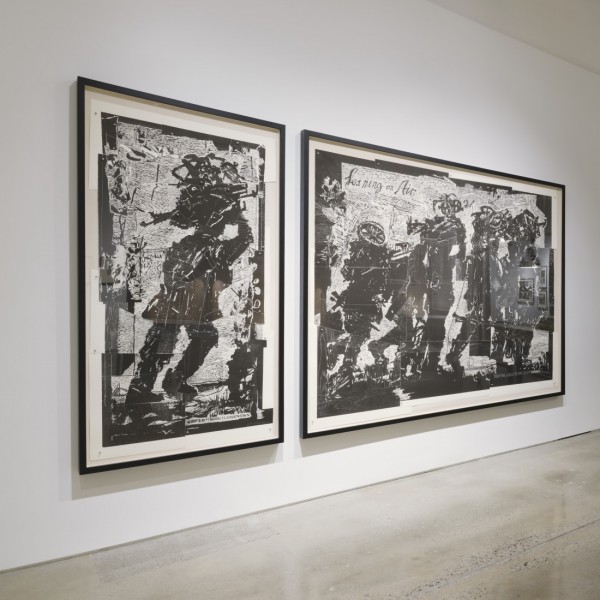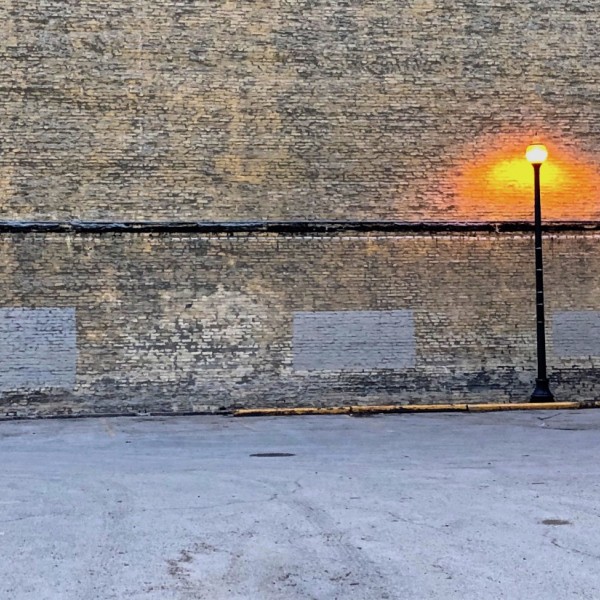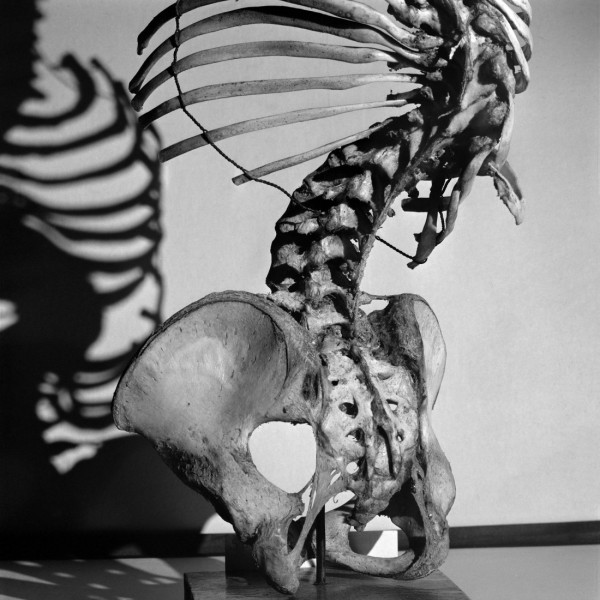Articles
-
Bad Luck Banging, Great Luck Filming
-
Writing, Being Here and There
-

William Kentridge
Beneath all the absurdity—a big disembodied nose strutting around the tower, riding on horseback, ascending a rickety stairway towards a podium only to fall off it and ascend again— what is really being expressed here are sorrow and dismay.
-

Way of Being: The Art of Lori Blondeau
“I think being born Indigenous means you are political…You’re born political because you have to fight for your rights. We’re still doing it today.”
-

Walking the Talk and Talking the Walk
“I was taking a walk and I saw a particular nearby parking lot,” she says. “I think I was hit by the muse.”
-

The Life of Bones
“When I’m photographing, I’m trying so much to be with the skull as a skull, as a carrier of feelings and structure, that I don’t relate to anybody else at the time.”
-

Sandra Brewster
Along a fulsome continuum of Black expressivity, Black time and Black survival transmuted to thriving, what is plumbed by the blurs is not the culture-making, world-defining and defying contributions of these icons but the way in which Brewster wrecks the photograph’s illusory idylls.
-

Light | Space | Camera | Language | The Work of James Nizam
Nizam explored these domiciles during nighttime dérives, occupying and photographing a seemingly unconscious zone of civic and psychic ruin.
-
Photographs, A Story
So, imagine finding, just happening upon such a roll or spool of undeveloped film. From before digital. A taut canister of a photo record of someone’s intentions. You could tell it. It could go like this.
-
Damage Control
Hemingway’s life was a dazzle and a disaster, replete with fame and glamour, three wars and three houses, a 38-foot custom-made fishing boat, bullfighting, big-game hunting, life-threatening accidents, several traumatic and permanent brain injuries, a string quartet of wives and three sons—everything fuelled, as the film tells us, by alcohol.
-

Ends and Beginnings: The Generative Photographs of Nan Goldin
In the interview that follows, “beauty” is spoken. Goldin says, about her photographs from Eden and After, “I desire the beauty. I’m attracted to people who are beautiful. And my people are all kinds of beautiful.”
-

Shelter, Seeking Solace: The Photographs of William Eakin
Over the course of the winter and spring of 2020, William Eakin walked a lot, with camera in hand, along the riverbanks of Winnipeg. He began to photograph the cottonwood trees along the rivers, an exercise that would crystallize into a systematic project and has now resulted in the artist’s most recent body of work, “Shelter.”
Haven’t found what you're looking for? Explore our index for material not available online.

